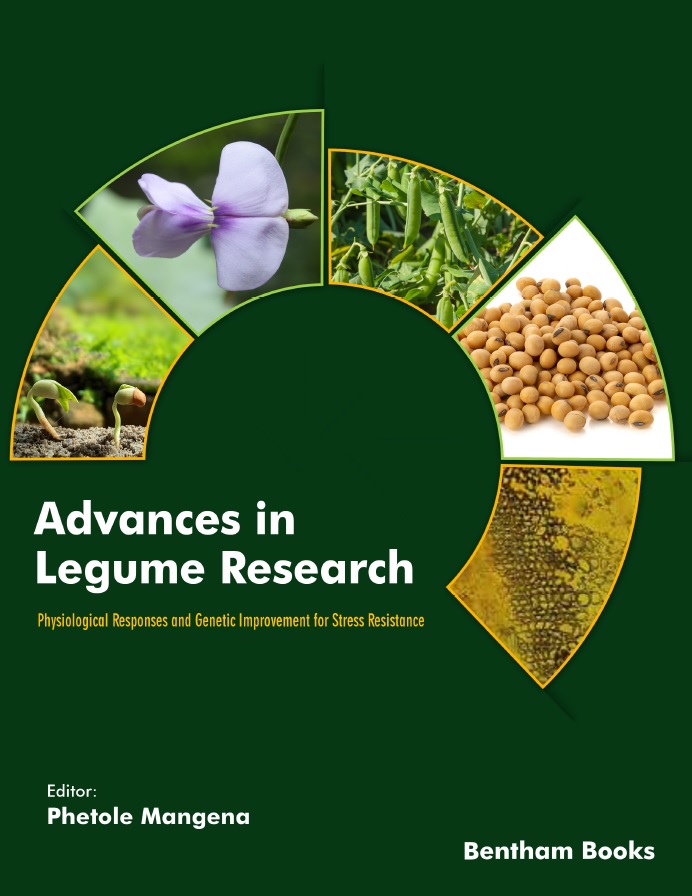Introduction
For centuries, legumes have been used as pulses or grains serving as the most critical sources of major protein/oil producing crops for both human and animal consumption, and for providing raw materials for industrial processing. They are highly valued as soil building crops, improving soil quality through their beneficial involvement in biological nitrogen fixation, a symbiotic partnership with rhizobia.
Advances in Legume Research: Physiological Responses and Genetic Improvement for Stress Resistance
serves as a unique source of information on the distinct aspects of basic and applied legume research for general readers, students, academics, and researchers. The book gives several insights on the morphological, physiological, and genetic responses to stresses via 8 concise chapters covering all aspects of legume growth, utilization, and improvement. The included chapters present research findings and succinct reviews concerning the strides continuously made in the improvement of legumes against biotic and abiotic stress factors. This comprehensive new legume reference book disseminates key information pertaining to the genetic diversity, conservation, cultivation, manipulation through mutagenic techniques, plant transformation and other breeding technologies. The book, therefore, continues to build on the need to acquire new knowledge about legume crops and ways to improve their existing agricultural yield for a sustainable and secure food market.

